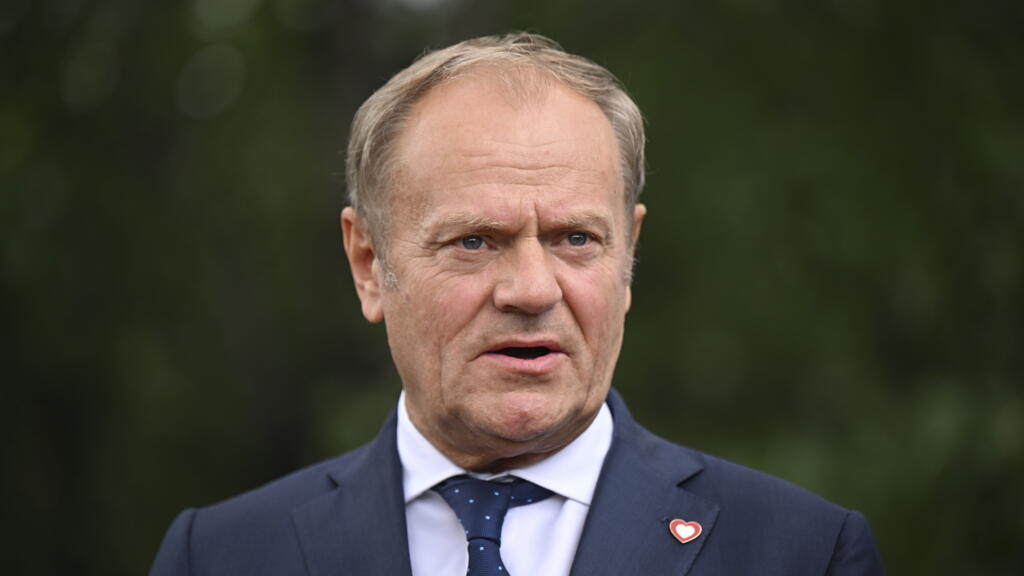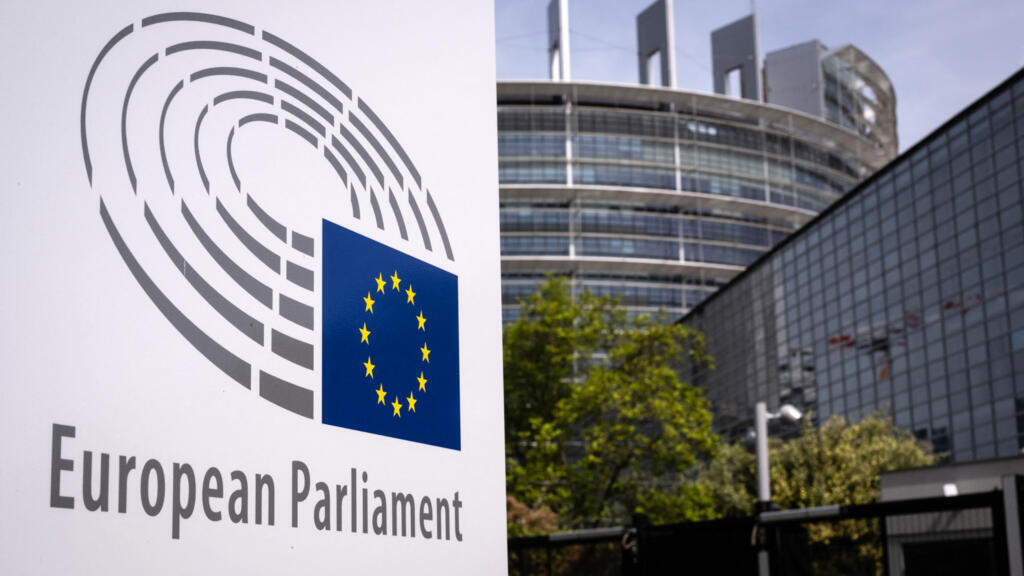Poland is set to implement significant measures to control illegal immigration by constructing fences along its borders. This announcement was made by Interior Minister Tomasz Siemoniak on a Monday, reflecting the government’s commitment to tightening border security. The decision comes after a highly contested presidential election in June, during which nationalist candidate Karol Nawrocki won narrowly against an ally of former Prime Minister Donald Tusk. Nawrocki's campaign was centered on the slogan "Poland first, Poles first," signaling a shift towards more prominent nationalist sentiments within Polish politics.
The construction of these fences is seen as a direct response to growing concerns over immigration, particularly in light of recent events and pressures from neighboring regions. The government's stance aims to deter illegal crossings and better manage the flow of refugees and migrants attempting to enter Poland. This move has sparked a significant amount of debate within the country, as critics argue that such actions may create divisions among communities and exacerbate the climate of fear surrounding immigration issues.
Supporters of the plan argue that it is a necessary step to protect national sovereignty and security. They contend that without adequate border controls, Poland may face an influx of individuals that could challenge the country’s social fabric. The ruling party's focus on nationalist themes resonates with a segment of the Polish population that feels threatened by immigration and cultural changes, thus providing a political advantage in the wake of the recent electoral victory.
On the other hand, opponents of the plan highlight the potential humanitarian implications. They argue that building fences may not only fail to address the root causes of migration but also send a negative message about Poland's willingness to protect vulnerable populations. Critics emphasize the importance of compassion and international solidarity, particularly in times of global crisis when many are fleeing war, persecution, and poverty.
This controversial development reflects a broader trend observed across various European nations, where political parties increasingly focus on nationalism and immigration control in order to secure electoral support. Experts point out that the Polish government's approach could have long-lasting effects on the perception of Poland in the international community, especially regarding its commitment to human rights and humanitarian responsibilities.
As the construction of the fences moves forward, it remains to be seen how this will impact Poland's relationships with its neighbors and the European Union as a whole. The EU has been actively seeking to establish a unified stance on immigration; however, individual member states often have differing priorities and approaches. Poland’s decision may contribute to a fractured perspective on how to handle migration effectively, with varying degrees of openness and restriction among member nations.
In light of the impending border security measures, it will be crucial to monitor public sentiment as well as political developments in Poland. The intersection of national security and immigration policy will undoubtedly remain a focal point in Polish politics and society, as the government navigates the complexities of its responsibilities to both its citizens and the global community.












